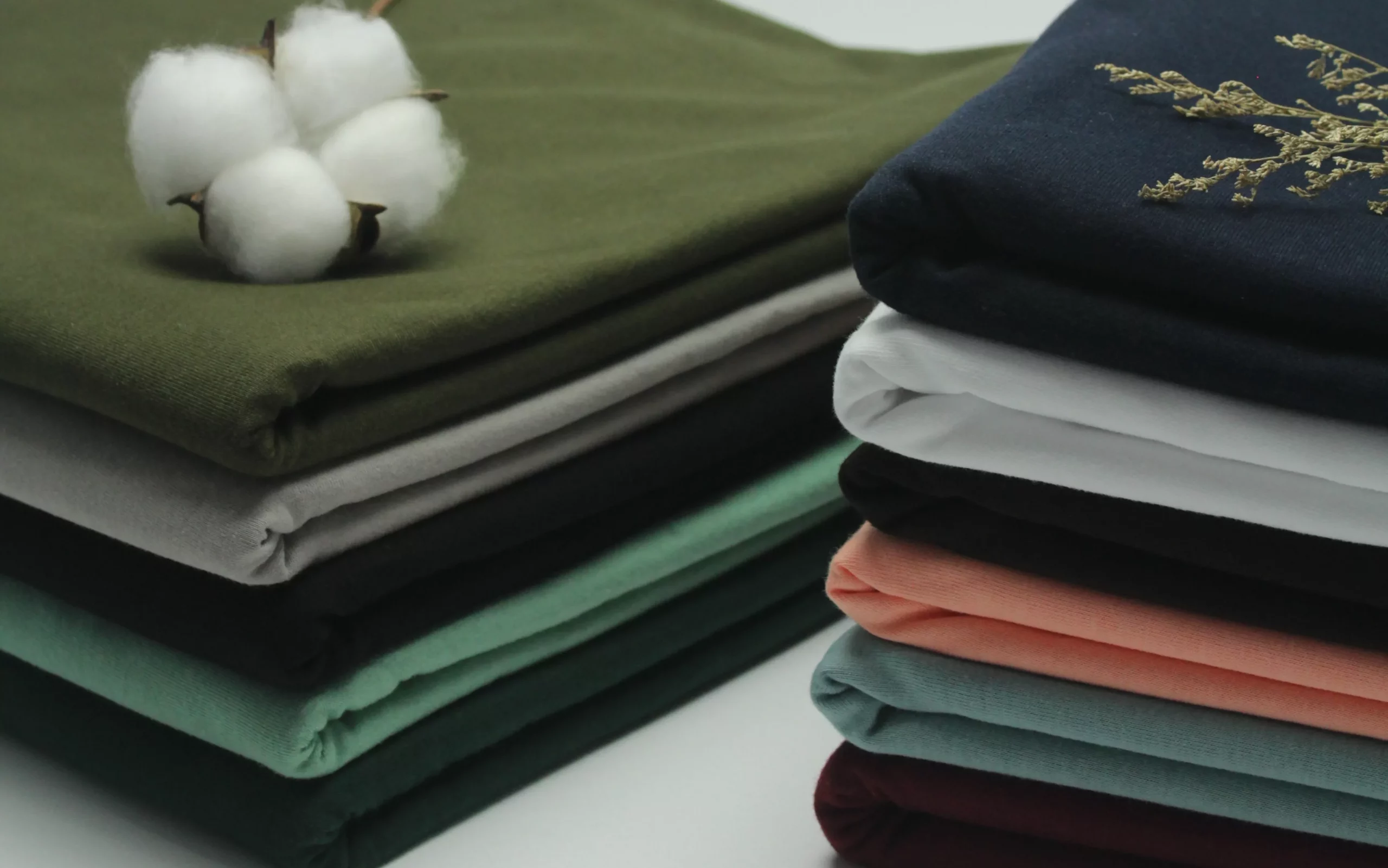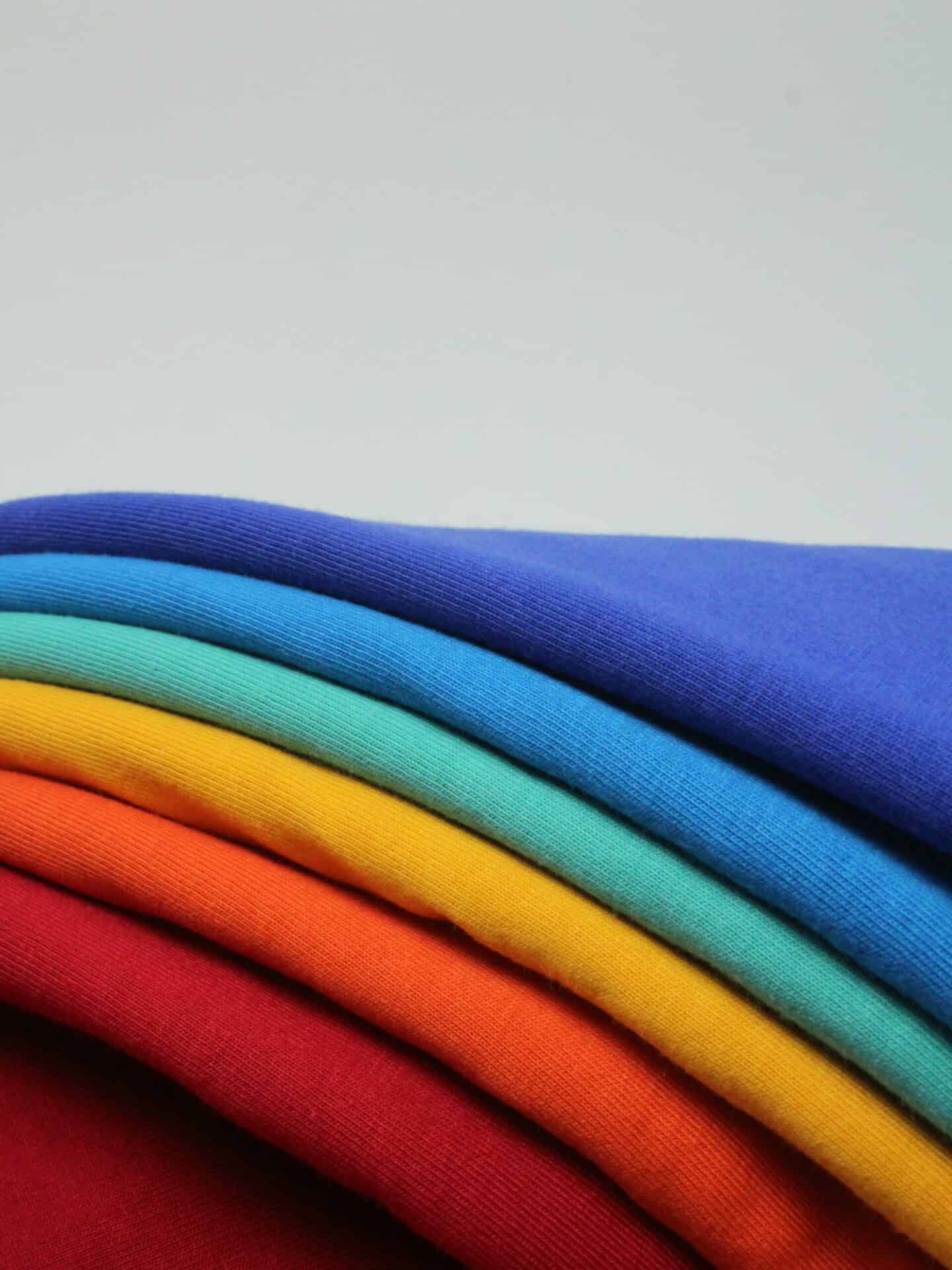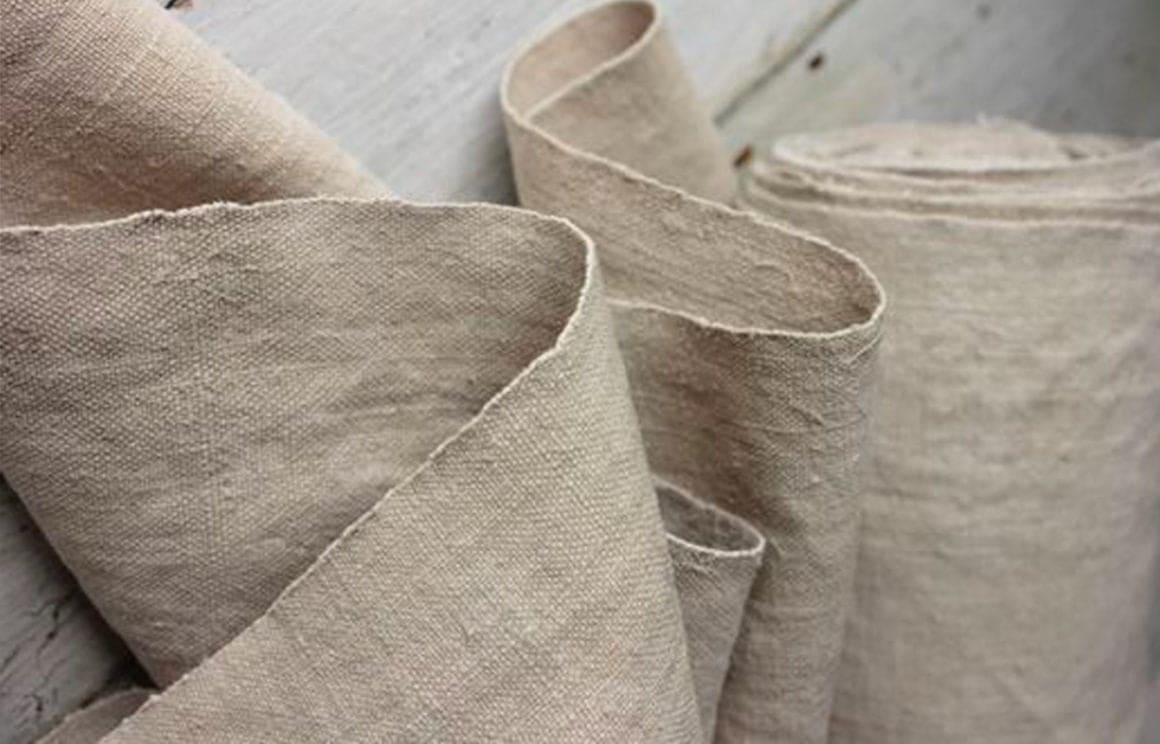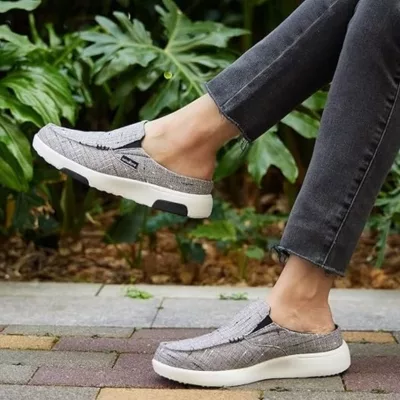In the world of fashion and textiles, the sustainability of fabrics is a hot topic. Among these, polyester, a widely used synthetic material, often comes under scrutiny. Is it a sustainable choice? and is polyester stretchy? Let’s unravel the complexities surrounding polyester and its impact on our planet.
Polyester is a ubiquitous fabric in our wardrobes, but its sustainability is a subject of debate. As eco-conscious consumers, it’s crucial to understand the implications of our clothing choices. This article aims to shed light on the question “Is polyester stretchy?” the pros and cons, its manufacturing process, environmental impact, and sustainable alternatives.

Is Polyester Stretchy?
Polyester is a synthetic fabric known for its durability and resistance to wrinkling and shrinking. While traditional polyester is not inherently stretchy, its flexibility can be significantly enhanced when woven or blended with elastic fibers like Lycra or spandex. This combination results in a material that offers both the strength and easy care of polyester, along with added elasticity. This makes it a popular choice for a wide range of apparel, including activewear and form-fitting garments, as it can comfortably conform to the body’s movements while maintaining its original shape.
Pros and Cons of Polyester
Pros
• Strength and Flexibility: Polyester is known for its durability and resistance to shrinking and stretching.
• Ease of Care: It’s easy to maintain, requiring less energy for washing and drying.
• Low Cost: Polyester’s affordability makes it a popular choice in the fashion industry.
Cons
• Environmental Impact: The production of polyester is energy-intensive and relies heavily on fossil fuels.
• Microplastic Pollution: Washing polyester releases microplastics, contributing to water pollution.
• Non-biodegradable: Polyester takes hundreds of years to decompose, adding to landfill issues.

Understanding the Manufacturing Process
Polyester is derived from petroleum, and its production involves high energy consumption and significant water usage. This reliance on fossil fuels raises concerns about its sustainability.
Polyester’s Impact on the Environment
The environmental footprint of polyester is significant. It contributes to air and water pollution and poses a challenge in waste management due to its non-biodegradable nature.
Also Read: Polyester Care 101: How to Get Wrinkles Out of Polyester?
Recycled Polyester: A Sustainable Alternative?
Recycled polyester, made from plastic water bottles, is often touted as a sustainable option. However, it still shares many of the environmental drawbacks of traditional polyester.
Exploring Other Sustainable Fabric Options
Natural Fibers
• Cotton: Breathable but water-intensive to produce.
• Linen: Made from flax, it’s more sustainable but less flexible.
• Hemp: A sustainable choice with a minimal environmental footprint.
• Tencel: Derived from wood pulp, it’s biodegradable and eco-friendly.

Stretchiness of Polyester Fabric
Polyester is inherently stretchy, a property that makes it suitable for various clothing items. This stretchiness, however, does not compensate for its environmental drawbacks.
Cotton vs. Polyester: A Sustainable Comparison
While cotton is a natural fiber, its cultivation can be water-intensive and pesticide-heavy. Polyester, though less resource-intensive in cultivation, has a more significant environmental impact in production and disposal.
Also Read: Tencel Fabric 101: 7 Brands to Know for Sustainable Style
Making Sustainable Clothing Choices
To make sustainable choices, consider:
• Fabric Composition: Opt for natural or recycled fibers.
• Manufacturing Processes: Support brands that prioritize sustainability.
• Care and Disposal: Proper care can extend the life of clothing, reducing waste.
Conclusion
In conclusion, while polyester offers certain advantages like stretchiness and durability, its environmental impact cannot be overlooked. As consumers, we must weigh these factors and make informed choices, leaning towards more sustainable and ethical fashion.
Are you passionate about fashion and sustainability? Take a step towards a more eco-conscious wardrobe by exploring our fashion blogs. Here, you’ll find a wealth of insights on sustainable fashion materials that not only look good but also do good for the planet.
FAQs (Frequently Asked Questions):
1- Is polyester a sustainable fabric choice?
Polyester, especially in its traditional form, poses significant environmental challenges, making it a less sustainable choice compared to natural or recycled fibers.
2- What are the environmental drawbacks of polyester?
Polyester production is energy-intensive, contributes to microplastic pollution, and the fabric is non-biodegradable.
3- Can recycled polyester be considered truly sustainable?
While recycled polyester is a step towards sustainability, it still shares many of the environmental issues of traditional polyester.
4- How does polyester compare to natural fibers in terms of sustainability?
Natural fibers generally have a lower environmental impact in production and disposal compared to polyester. However, factors like water usage in cotton cultivation also need consideration.
















